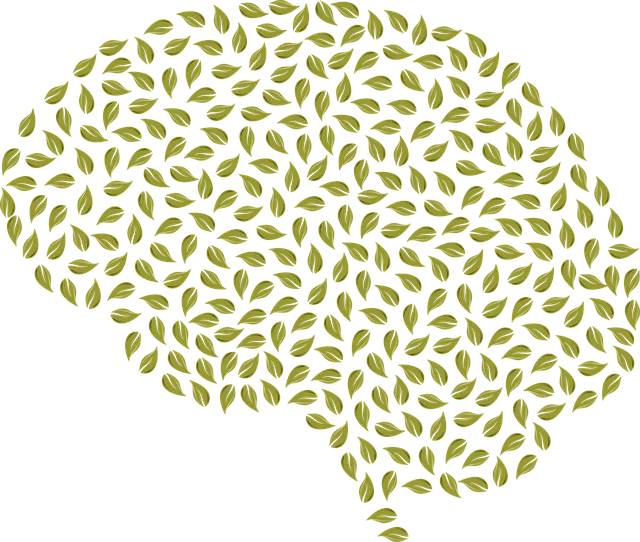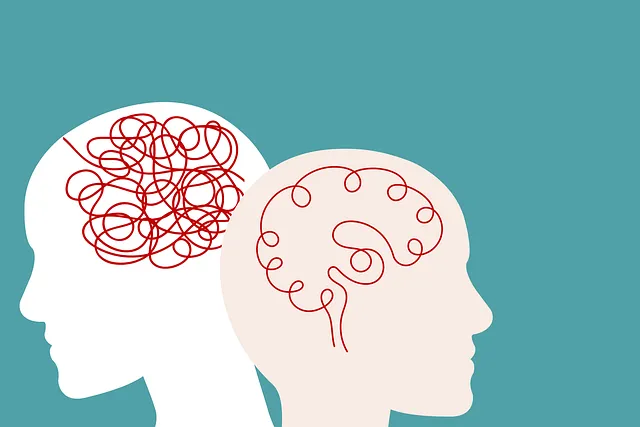Golden Kaiser Permanente mental health providers prioritize cultural competency through extensive training, self-care practices, and advocacy. This equips them to offer personalized, inclusive care that respects diverse cultural beliefs, improves patient outcomes, and fosters a welcoming healthcare environment for all communities.
Healthcare provider cultural competency training is an essential component of modern medical practice, especially for mental health professionals. This article explores the importance of cultural competence, focusing on mental health providers and highlighting best practices like Kaiser Permanente’s comprehensive approach. We discuss effective training methods to enhance cultural sensitivity and review real-world impacts, demonstrating improved patient outcomes through culturally competent care. Specifically, we delve into how such training benefits the mental health sector, drawing from Kaiser Permanente’s golden standard.
- Understanding Cultural Competency in Healthcare
- Mental Health Providers: A Key Focus Area
- The Golden Standard: Kaiser Permanente's Approach
- Training Methods to Enhance Cultural Sensitivity
- Real-World Impact: Improved Patient Outcomes
Understanding Cultural Competency in Healthcare

Cultural competency is a vital skill for healthcare providers to master, especially in diverse communities like those served by Golden Kaiser Permanente. It involves understanding and appreciating the cultural backgrounds, beliefs, and values of patients, enabling providers to offer more personalized and effective care. This concept goes beyond simple language translation; it’s about recognizing that mental health issues can be influenced and expressed differently across cultures. For instance, what may present as anxiety in one culture could manifest uniquely in another, requiring tailored coping skills development.
The benefits are far-reaching, fostering better patient-provider relationships and improving outcomes, particularly for vulnerable populations. Golden Kaiser Permanente’s commitment to this training ensures that their mental health providers can effectively support individuals from various ethnic and cultural backgrounds, promoting positive thinking and anxiety relief through culturally sensitive practices. This approach not only respects the dignity of patients but also enhances overall healthcare satisfaction and accessibility.
Mental Health Providers: A Key Focus Area

Mental health providers play a pivotal role in delivering culturally competent care, especially within diverse communities. Golden Kaiser Permanente recognizes this critical aspect and places a strong emphasis on training their mental health professionals to navigate complex cultural landscapes. By investing in specialized education programs, they equip their staff with essential skills to offer personalized support.
The curriculum often incorporates strategies for conflict resolution, ensuring that providers can handle sensitive situations effectively. Additionally, mental health education programs design inclusive learning environments, fostering an understanding of diverse cultural beliefs and practices related to mental well-being. Encouraging self-care routine development among healthcare staff is another key initiative, as supportive and healthy practitioners are better equipped to assist others in managing their mental health needs.
The Golden Standard: Kaiser Permanente's Approach

Kaiser Permanente is widely recognized for setting the Golden Standard in healthcare provider cultural competency training. Their comprehensive approach focuses on equipping mental health providers with the skills and knowledge to effectively serve a diverse range of patients. This involves not only understanding various cultural perspectives but also integrating self-care practices among their staff, recognizing the importance of mental wellness coaching programs in development. By fostering an environment where providers can cultivate coping skills, Kaiser Permanente ensures high-quality care that respects individual differences and promotes equity.
The organization’s commitment to this initiative is evident through its ongoing mental health coaching programs and coping skills development. These initiatives aim to enhance cultural sensitivity, ensuring every patient receives personalized, empathetic support. By adopting such progressive strategies, Kaiser Permanente not only improves patient outcomes but also fosters a more inclusive healthcare system that values the unique needs of diverse communities.
Training Methods to Enhance Cultural Sensitivity

Cultural competency training for healthcare providers is essential to delivering quality care to a diverse patient population. One effective method is role-playing scenarios that mimic real-life interactions, allowing mental health providers like those at Golden Kaiser Permanente to practice navigating cultural differences and sensitive topics. These simulations can help build resilience and enhance stress reduction methods by providing a safe space to make mistakes and learn from them.
Additionally, workshops focused on Mental Health Policy Analysis and Advocacy offer valuable insights into understanding and addressing systemic barriers that impact different communities. Through case studies and group discussions, providers gain skills to advocate for culturally sensitive mental health practices, ensuring every patient receives care tailored to their unique background and needs.
Real-World Impact: Improved Patient Outcomes

The impact of cultural competency training on healthcare providers is profound, especially when it comes to patient outcomes. Golden Kaiser Permanente mental health providers have witnessed first-hand how tailored programs can significantly enhance care delivery. By understanding and respecting diverse cultural backgrounds, these professionals can create safer and more welcoming environments for patients from all walks of life. This newfound sensitivity leads to improved communication strategies, fostering better relationships and encouraging open dialogue.
As a result, patients often feel more comfortable sharing personal details, including symptoms related to mental health issues. This increased disclosure facilitates earlier interventions and more effective treatment planning. Furthermore, cultural competency training equips providers with stress reduction methods, enabling them to manage their own well-being while navigating complex cultural dynamics. Through these initiatives, such as the Community Outreach Program Implementation, healthcare organizations like Golden Kaiser Permanente are not only improving services but also transforming lives.
Cultural competency training is no longer a consideration but an essential requirement in modern healthcare. As evidenced by Kaiser Permanente’s successful approach, focusing on key areas like mental health providers can significantly enhance patient outcomes and foster better community relationships. By adopting effective training methods that promote cultural sensitivity, healthcare organizations can ensure they deliver quality care tailored to diverse populations. The golden standard set by Kaiser Permanente underscores the importance of continuous learning and adaptation in addressing the complex needs of a multicultural society.






